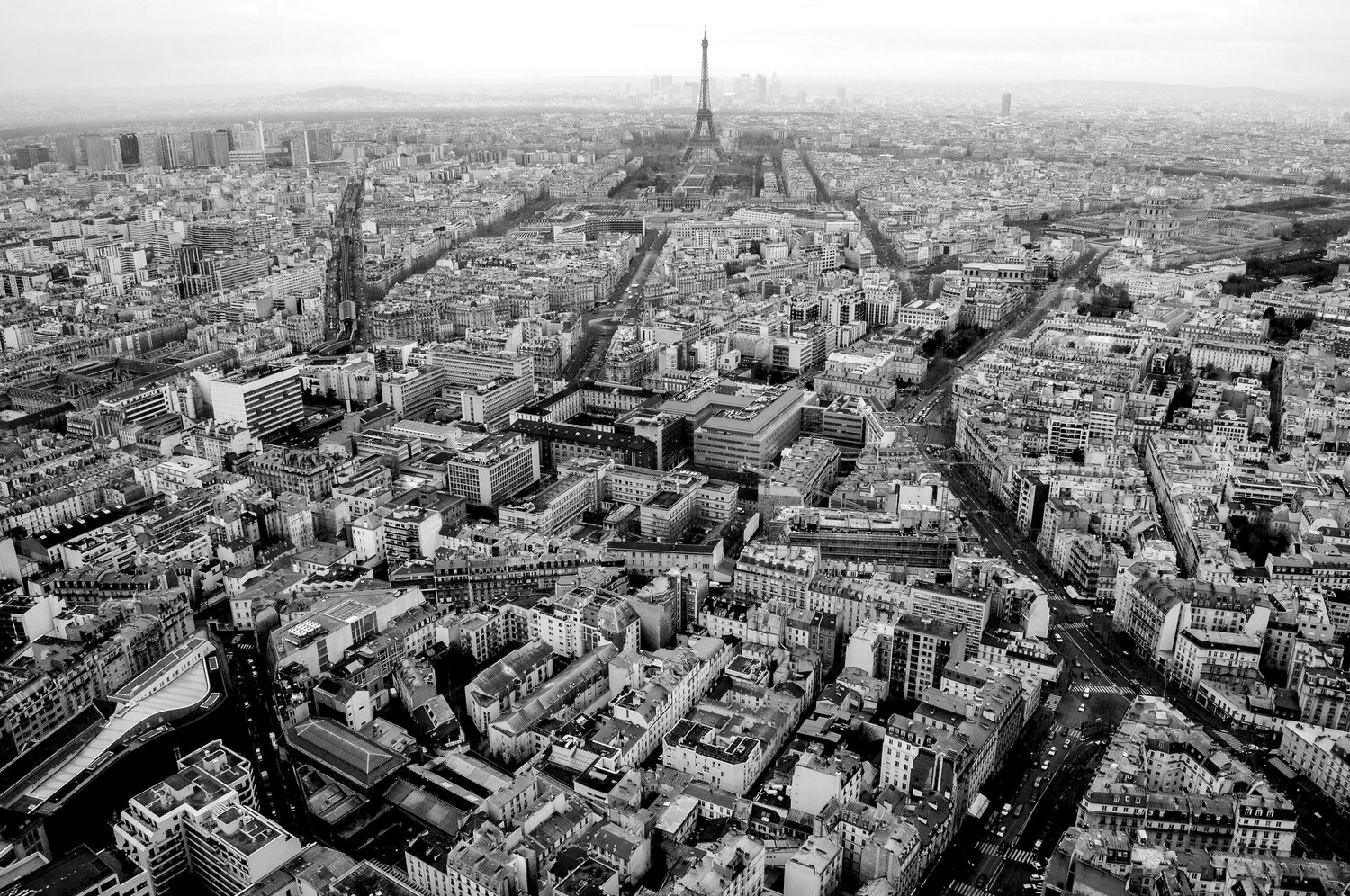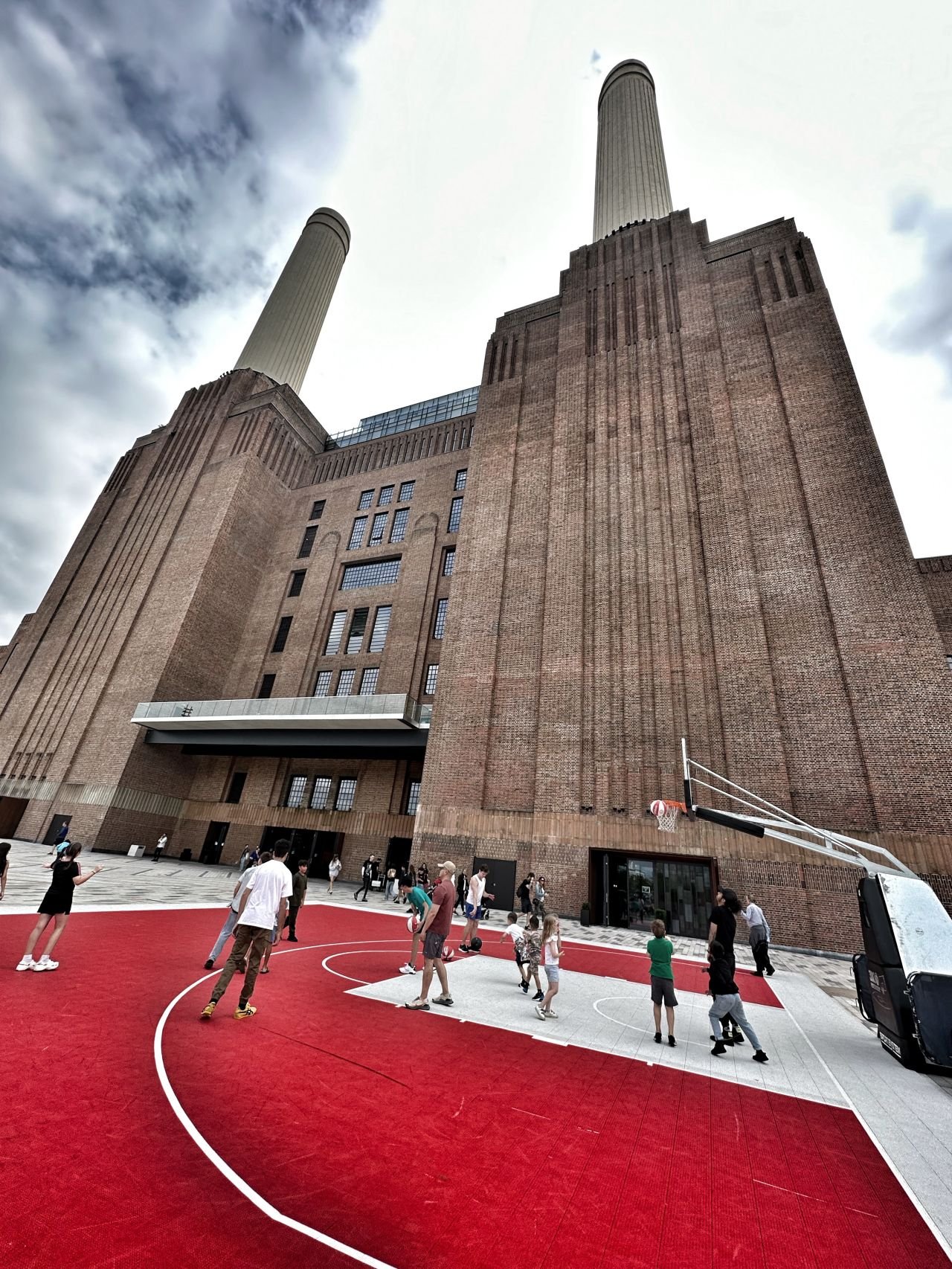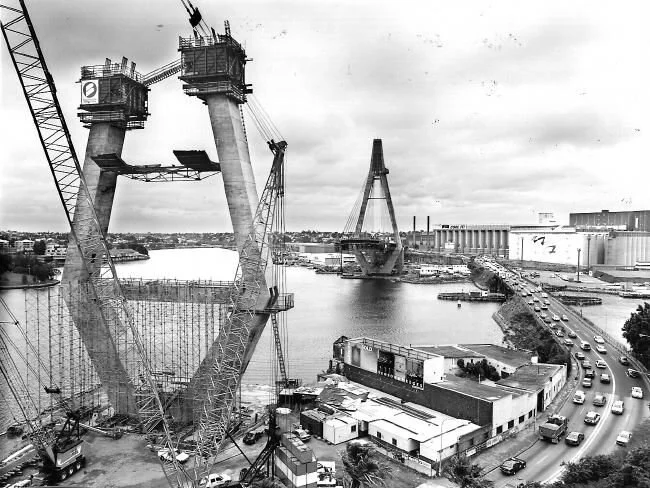I sat down with East London based figurative painter Lorna May Wadsworth to talk about her studio space, gentrification and the future of artists in the city.
TOP: We're sitting right now in your incredible studio space in East London's Hackney. We're in a large block with other artists, there is natural light and the ceilings are nice and high. Can you start by telling me why is this studio space so important to you?
LMW: I need to have a space that whenever I come to, I love. Whenever I walk in, I'm happy to be here. My favourite thing in the whole world is to slide that bolt across the door and just know that this is my space. No one's going to come in, no one's going to bother me, it's my domain. Even if I just come and collapse on the day bed, I'll want to work. And I do when I'm here.

TOP: As a creative person, what are the benefits of being in London?
LMW: I don's see that there is any alternative to be able to do what I do and no be in London. If artists are really established then they can kind of be anywhere and move out of London and send stuff to their gallery, but if I was still back in Sheffield where I came from there's no way I could be having a fraction of the career that I'm having.
TOP: Is that because of the people who live here?
LMW: It's everything.. It's just the whole world that you're moving in. Otherwise I'd just be plugged into some provincial offshoot. I think it's incredibly worrying that the government is just expecting artists to move out of London. They're in danger of losing one of this city's most valuable resources, which is the creatives. I mean, that's what makes London great. If we just have lots of bankers everywhere, no one's going to want to come!
TOP: What challenges do you face as a creative working in London?
LMW: Well, it's incredibly expensive and cut throat. I'm incredibly fortunate to have a studio which is run by a charity and is subsidised, but still I pay a huge amount of rent. Being an artist is really tough - you have to have rhino hide... Enough to keep picking yourself up off the floor with disappointment. To succeed you need to be incredibly pig headed and have self belief - you just HAVE to do it.

TOP: Do you think it's just the cost of living in London which is the problem, or are the also challenges associated with the changing nature of its culture?
LMW: As a place changes and becomes gentrified, artists tend to move out. So I guess artists are also responsible for the gentrification in many ways because they make places cool and where people want to come to.
TOP: Do you see yourself adapting to the increasing cost of living in East London so that it's not as stressful?
LMW: I've been fortunate enough to now be in position where I've got something sustainable, but in general I just think it's going to get harder and harder.
TOP: How do you think governments and local authorities can ensure that London is sustainable for creatives?
LMW: I think that there is a wider issue of social housing and the housing crisis... But I think projects whereby creative spaces are safeguarded for artists is really important. For example having rent controlled studios for artists within new projects will really be a major benefit. That will ensure that we do have creative hubs, and more and more like-minded will nurture that. There are a lot of visionary people who want to do that. I know that it can be hard with the town planners, but it needs to a systematic change throughout the entire system.
TOP: Thanks Lorna.
LMW: Anytime!




































